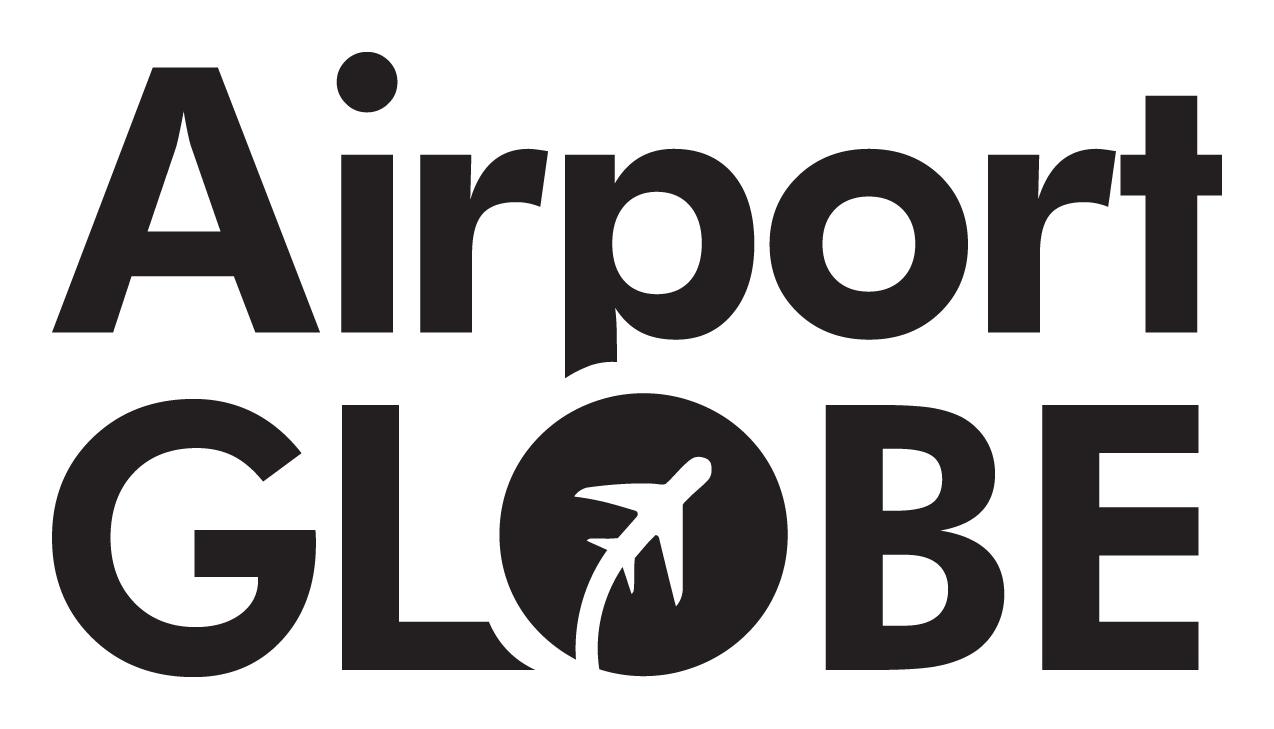The City of Fort Lauderdale
Your Guide to Fort Lauderdale: History, Transit, Airport Tips, Hotels, and Must-DosHome ›
The History of Fort Lauderdale
Fort Lauderdale, often referred to as the “Venice of America,” boasts a rich history that dates back to the early 19th century. The area was originally inhabited by the Tequesta Indians before European settlers arrived. In 1838, during the Second Seminole War, Major William Lauderdale led a detachment of Tennessee Volunteers to the area, establishing a fort that would eventually lend its name to the city. Following the war, the fort was abandoned, but the area began to develop as settlers arrived. The arrival of the Florida East Coast Railway in the late 19th century marked a significant turning point for Fort Lauderdale, facilitating trade and population growth. By the early 20th century, Fort Lauderdale had transformed into a bustling community, with its economy driven by agriculture and tourism. The city’s development continued post-World War II, leading to its status as a premier tourist destination, renowned for its beaches, boating canals, and vibrant arts scene.
The Fort Lauderdale of Today
Today, Fort Lauderdale is a vibrant city known for its stunning beaches, intricate canal system, and bustling cultural scene. Often overshadowed by its neighbor Miami, Fort Lauderdale offers a more laid-back yet equally engaging experience. The city is a haven for beach lovers, with miles of pristine coastline perfect for sunbathing, swimming, and water sports. Beyond the beaches, the Riverwalk Arts & Entertainment District is a cultural hub, featuring museums, galleries, and theaters. Visitors can explore the Bonnet House Museum & Gardens or take a scenic boat tour through the city’s extensive canal system. The culinary scene is diverse and thriving, with a range of options from upscale dining establishments to casual beachfront eateries. As night falls, the city comes alive with a variety of entertainment options, from lively bars and clubs to more relaxed venues offering live music. With so many things to do in Fort Lauderdale, visitors are sure to find something that suits their interests.
The Transportation Options in Fort Lauderdale
Fort Lauderdale offers a variety of transportation options to help visitors and residents navigate the city. Public transportation is well-served by Broward County Transit, which operates a comprehensive network of buses covering the city and surrounding areas. The Sun Trolley provides a convenient and affordable way to explore downtown and the beach area, while Tri-Rail connects Fort Lauderdale to Miami and West Palm Beach, offering a reliable option for regional travel. For those who prefer driving, Fort Lauderdale car rentals are readily available, providing flexibility for exploring the city and beyond. Taxis and ride-sharing services like Uber and Lyft are also popular choices, offering convenient door-to-door service. With its extensive network of waterways, Fort Lauderdale also offers water taxis, providing a unique and scenic way to travel around the city.
The Fort Lauderdale Airports
Fort Lauderdale is primarily served by the Fort Lauderdale–Hollywood International Airport (FLL), which is one of the busiest airports in the United States. Located just 3 miles south of downtown Fort Lauderdale, FLL is a major hub for domestic and international flights. The airport is known for its efficiency and modern facilities, catering to millions of passengers each year. It offers a wide range of amenities, including dining options, shopping, and car rental services. Its proximity to the city center makes it a convenient choice for travelers looking to explore Fort Lauderdale and the surrounding areas. While FLL is the main airport, Miami International Airport is also accessible, located about 30 miles south, providing additional flight options for travelers.
Accommodation in Fort Lauderdale
Fort Lauderdale offers a wide array of accommodation options to suit every traveler’s needs and budget. From luxurious beachfront resorts and international hotel chains to charming boutique hotels and budget-friendly hostels, the city caters to all preferences. Fort Lauderdale hotels in the downtown area provide easy access to the city’s cultural and entertainment venues, though they tend to be pricier. For those seeking a more serene experience, accommodations along the beach or in quieter neighborhoods offer a peaceful retreat. Booking in advance is recommended, especially during peak tourist seasons, to secure the best rates and availability.
